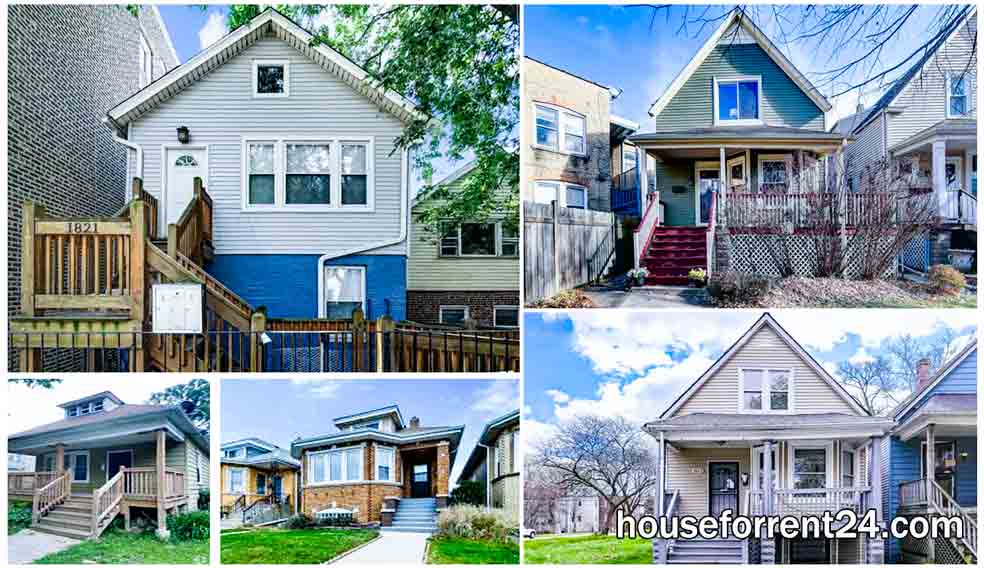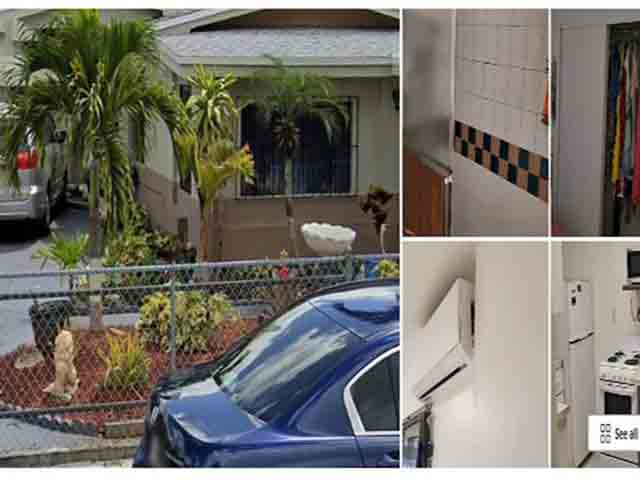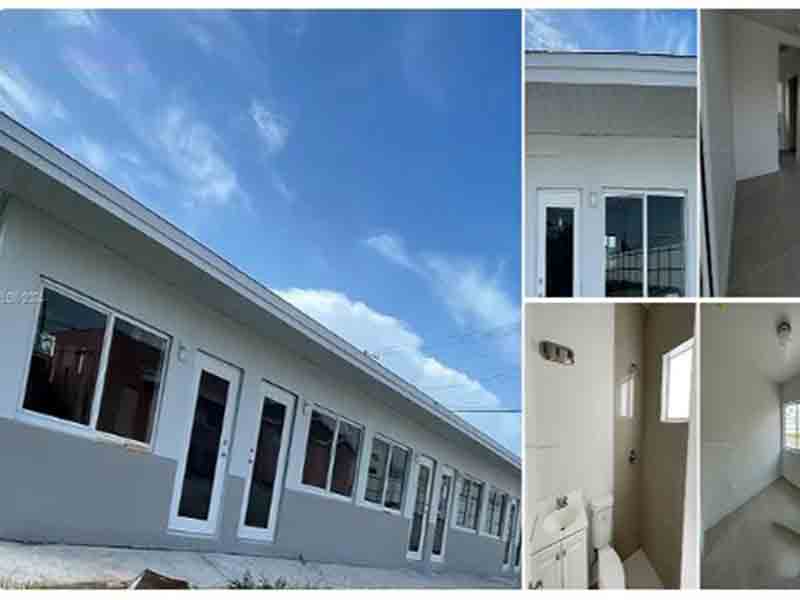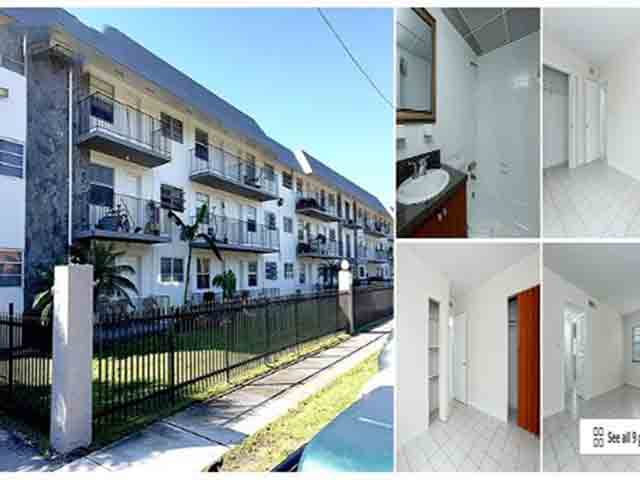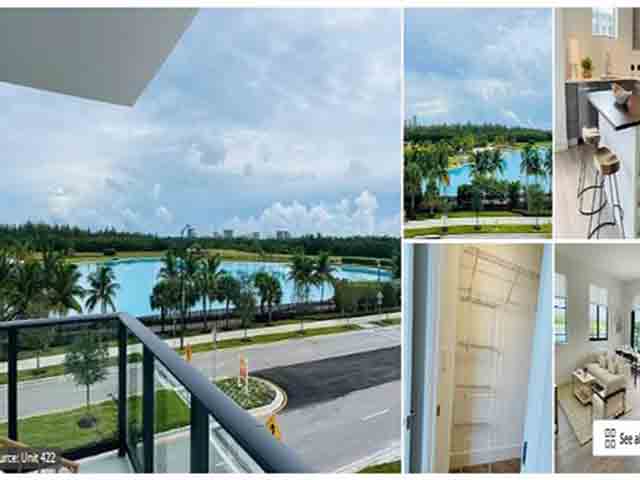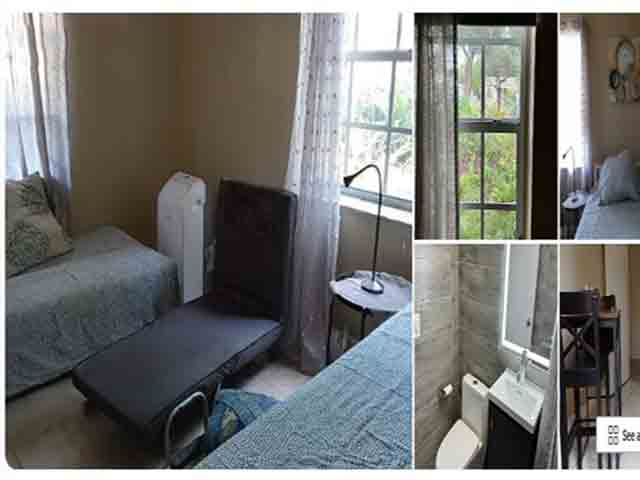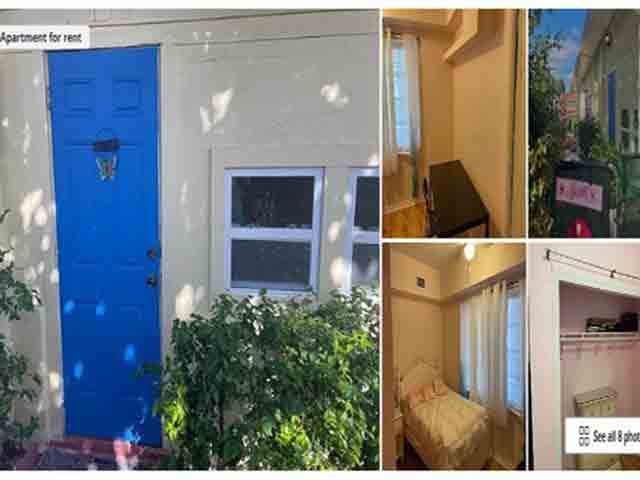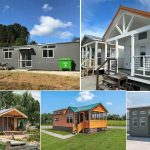Exploring Low-Income Housing Options Without Waiting Lists
Finding reasonable lodging can be an overwhelming assignment, particularly when confronted with long holding up records. Be that as it may, there are roads to secure low-income lodging without the delayed hold-up. This article digs into different programs, methodologies, and assets to offer assistance to you in exploring this challenging scene.
Understanding Low-Income Housing Programs
Sometime recently investigating prompt lodging choices, it’s basic to get it the essential programs available:
- Public Lodging: Overseen by neighborhood lodging specialists, these properties are government-owned and offer subsidized leases to qualified low-income families, the elderly, and people with disabilities.
- Section 8 Lodging Choice Voucher Program: This program gives vouchers to help with lease installments in the private showcase. Members regularly pay 30% of their wage toward the lease, with the voucher covering the remainder.
- Low-Income Lodging Charge Credit (LIHTC) Properties: Secretly possessed properties that offer diminished leases to low-income occupants. These properties are financed through charge credits and regularly have more adaptable qualification criteria.
Challenges with Waiting Lists
Numerous of these programs have broad holding up records due to tall requests and constrained accessibility. Variables such as area, financing, and lodging stock contribute to these delays. However, certain strategies and lesser-known programs can help bypass or shorten these waiting periods.
Strategies to Secure Immediate Housing
- Investigate Provincial Improvement (RD) Lodging: Not at all like urban regions, a few rustic locales have RD lodging with shorter or no holding up records. These properties are regularly overseen by private proprietors or lodging specialists and prioritize family units with the most reduced livelihoods.
- Seek Out LIHTC Properties in Low-Demand Areas: LIHTC properties in areas with lower populations may be immediately available. It’s beneficial to contact these properties directly to inquire about current vacancies.
- Utilize Crisis Lodging Programs: Organizations like the Salvation Armed Forces and Volunteers of America offer crisis covers and transitional lodging, which can serve as prompt arrangements whereas you look for changeless lodging.
- Lock in with Non-Profit Organizations: Numerous non-profits give lodging help without long holding up records. For occurrence, Family Guarantee offers transitional lodging to families in require.
- Apply for Segment 515 Provincial Rental Lodging: This program gives reasonable rental lodging for exceptionally low-income families, elderly people, and people with disabilities in country zones. These properties may have shorter waiting lists compared to their urban counterparts.
Tips to Enhance Your Housing Search
- Broaden Your Look Region: Extending your look to incorporate adjacent towns or rustic regions can increase your chances of finding accessible housing.
- Stay Overhauled: Frequently check with nearby lodging specialists and non-profit organizations for upgrades on lodging availability.
- Prepare Fundamental Documentation: Having all required reports prepared can speed up the application preparation when openings arise.
- Consider Transitory Arrangements: Utilizing transitional lodging can give prompt alleviation whereas you anticipate lasting lodging.
Conclusion
Whereas securing low-income lodging without a holding up list can be challenging, investigating different programs and methodologies can move forward your chances. Locks in with rustic lodging programs, and non-profit organizations, and remaining proactive in your look are key steps toward finding steady and reasonable lodging.
FAQs
Yes, while rare, certain programs and properties, especially in rural areas, may have immediate availability. It’s essential to research and contact these programs directly.
Non-profits often offer emergency shelters, transitional housing, and sometimes permanent housing solutions without long waiting lists.
It’s a program that provides affordable rental housing for very low-income families, elderly individuals, and persons with disabilities in rural areas.
Many do, but properties in low-demand or rural areas may have immediate availability. It’s advisable to contact these properties directly.
Having all necessary documentation ready, broadening your search area, and staying in regular contact with housing authorities can help speed up the process.
